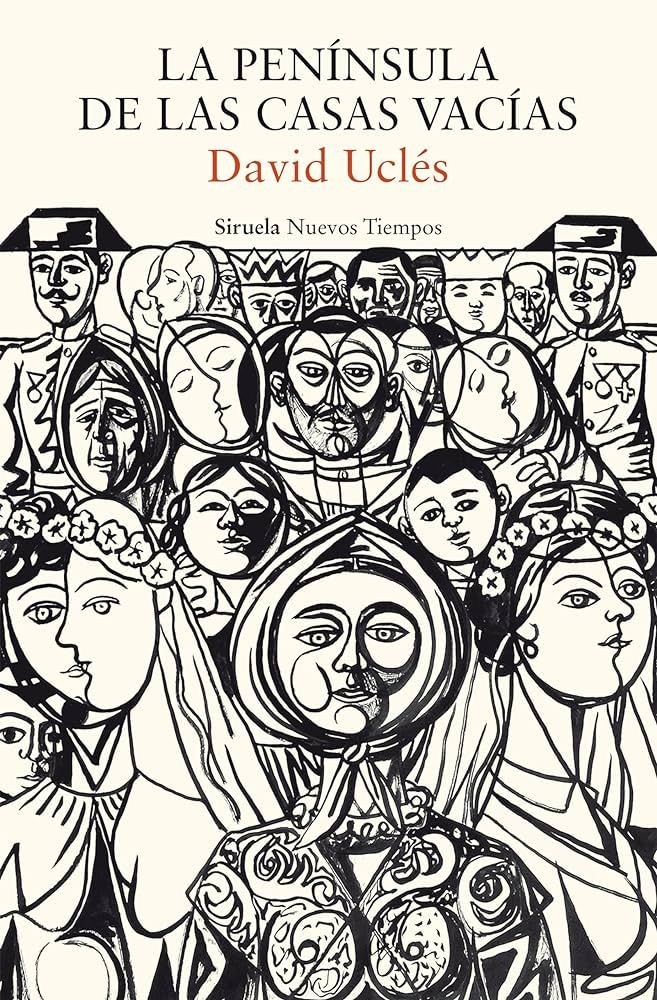
La península de las casas vacías
» Dulce Chacón Award
» Cálamo Award
» Espartaco Award for Best Historical Novel» European Prize of Literature shortlist
» Mario Vargas Llosa Biennal shortlist
A historical journey through the whole peninsula, a sort of Iberian “Macondo”, getting to know its different peoples and cultural voices as well as the most important episodes of the Spanish Civil War. A completely new perspective for the contemporary readership.
This novel tells the demise of a whole family during the Civil War, starting in Jándula, an Andalusian imagined village, and crossing throughout a bleeding Iberia. A story where the real and the imaginary, the epic and the everyday intermingle to form a rich and surreal, yet vivid and credible tapestry.
Covering an eventful period of history – Second Republic, Civil War and exile -, the novel stands out for its narrative style, from the surreal to the magical, and always in a deeply researched, moving and, most importantly, respectful way. In that sense, it’s a direct scion of Javier Cerca’s Soldiers of Salamis.
La península de las casas vacías is an ode to the rural world, echoing Irene Solà’s When I Sing, Mountains Dance, as natural, telluric and fantastic energies of the countryside go hand in hand. The use of “magical neorealism” allows the author to play with time and space, highlighting the most powerful scenes of that time, intertwined with the stories in the protagonist family.
«No contemporary novel has moved me so profoundly as The Peninsula of Empty Houses. I am full of amazement and gratitude.» Ian Gibson, internationally praised Hispanist and biographist
Albania: Botimet Dudaj; Asturianu: Cuatro Gotes; Brazil: Piparote; Czech: Prostor; Denmark: People’s Press (preempt); France: Le Tripode; Galician: Rinoceronte; Germany: Secession Verlag (auction); Greece: Metaichmio; Italy: Neri Pozza (pre-empt); Lithuania: Alma Littera; Portugal: Dom Quixote; Romania: TREI; Serbia: Treći Trg; Turkey: Doğan